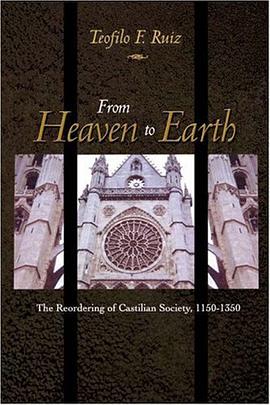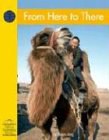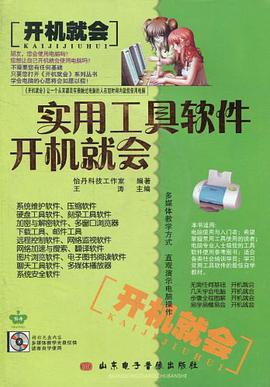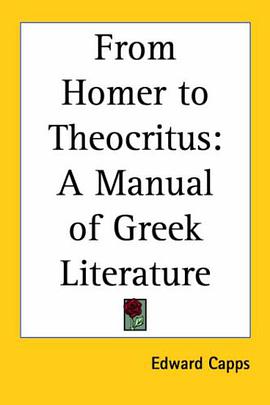

具體描述
Between the late twelfth century and the mid fourteenth, Castile saw a reordering of mental, spiritual, and physical space. Fresh ideas about sin and intercession coincided with new ways of representing the self and emerging perceptions of property as tangible. This radical shift in values or mentalits was most evident among certain social groups, including mercantile elites, affluent farmers, lower nobility, clerics, and literary figures--"middling sorts" whose outlooks and values were fast becoming normative. Drawing on such primary documents as wills, legal codes, land transactions, litigation records, chronicles, and literary works, Teofilo Ruiz documents the transformation in how medieval Castilians thought about property and family at a time when economic innovations and an emerging mercantile sensibility were eroding the traditional relation between the two. He also identifies changes in how Castilians conceived of and acted on salvation and in the ways they related to their local communities and an emerging nation-state. Ruiz interprets this reordering of mental and physical landscapes as part of what Le Goff has described as a transition "from heaven to earth," from spiritual and religious beliefs to the quasi-secular pursuits of merchants and scholars. Examining how specific groups of Castilians began to itemize the physical world, Ruiz sketches their new ideas about salvation, property, and themselves--and places this transformation within the broader history of cultural and social change in the West.
著者簡介
圖書目錄
讀後感
評分
評分
評分
評分
用戶評價
相關圖書
本站所有內容均為互聯網搜索引擎提供的公開搜索信息,本站不存儲任何數據與內容,任何內容與數據均與本站無關,如有需要請聯繫相關搜索引擎包括但不限於百度,google,bing,sogou 等
© 2025 book.quotespace.org All Rights Reserved. 小美書屋 版权所有




















